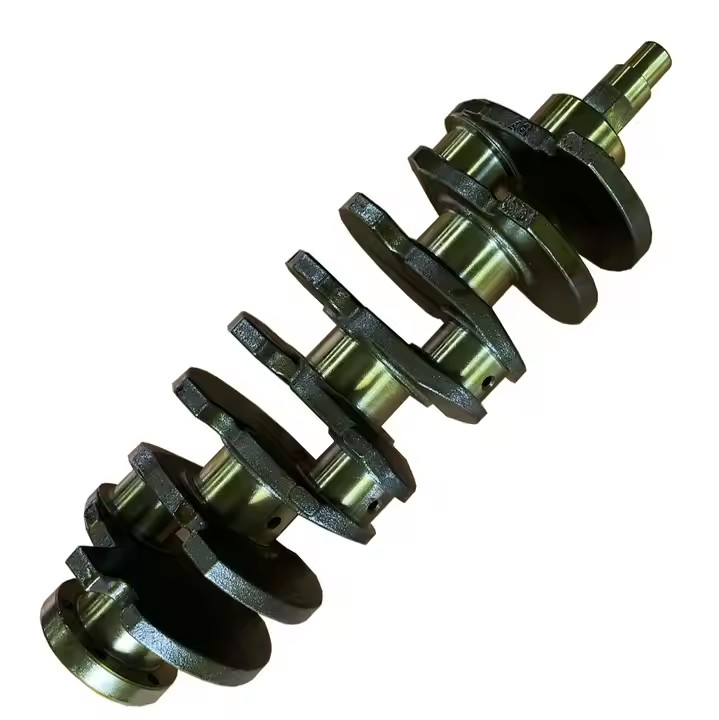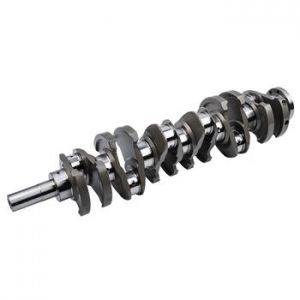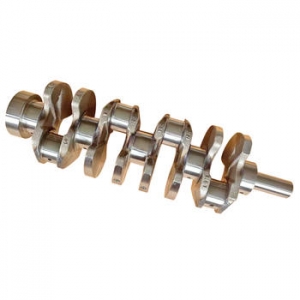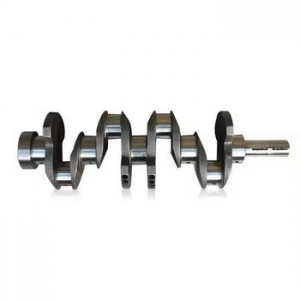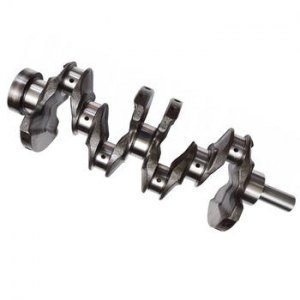Importance of Crankshaft Dampers
Internal combustion engines rely on the movement of the crankshaft to convert linear motion into rotational motion. However, this movement can generate harmful vibrations that can cause significant damage to the engine if they are not controlled. This is where crankshaft dampers come in. They are designed to absorb and dampen these vibrations, preventing them from causing damage to the engine.
How Crankshaft Dampers Work
Crankshaft dampers work by using a combination of viscous fluid and metal plates to absorb and dissipate the vibrations generated by the crankshaft. The damper is attached to the end of the crankshaft and rotates with it. As the crankshaft rotates, the viscous fluid inside the damper creates a resistance that helps to dampen the vibrations. The metal plates inside the damper also help to absorb the vibrations and reduce their amplitude.
The effectiveness of a crankshaft damper depends on several factors, including its size, shape, and the type of viscous fluid used. The damper must be carefully designed to match the specific operating conditions of the engine, such as its RPM range and temperature.
Benefits of Using Crankshaft Dampers
By reducing the vibrations generated by the crankshaft, crankshaft dampers can provide several benefits for engine performance. One of the primary benefits is improved engine stability. By dampening the vibrations, the damper helps to keep the engine running smoothly, even under heavy loads.
Crankshaft dampers can also help to reduce wear and tear on engine components. Vibrations can cause metal parts to rub against each other, leading to premature wear and damage. By absorbing and dampening these vibrations, the damper can help to prolong the life of the engine.
In addition to improving engine stability and reducing wear and tear, crankshaft dampers can also improve fuel efficiency. By reducing the vibrations generated by the crankshaft, the damper helps to reduce the amount of energy wasted as heat. This means that more of the energy produced by the engine can be used to power the vehicle, resulting in improved fuel efficiency.
Choosing the Right Crankshaft Damper
When choosing a crankshaft damper, it is important to consider several factors. First and foremost, the damper should be designed to fit the specific make and model of the engine. This ensures that it will be able to effectively absorb and dampen the vibrations generated by the engine.
It is also important to choose a damper made of high-quality materials. This ensures that it will be durable and long-lasting, even under heavy use.
Finally, the damper should be designed to withstand the operating conditions of the engine. This includes factors such as temperature and RPM range. By choosing a damper that is designed for the specific operating conditions of the engine, you can ensure that it will be able to effectively absorb and dampen the vibrations generated by the engine.
Maintaining Crankshaft Dampers
Proper maintenance is essential to ensure that crankshaft dampers continue to function properly. Regular inspections can help to identify any signs of wear or damage, and the damper should be replaced if it is no longer able to effectively absorb and dampen vibrations.
It is also important to follow the manufacturer's recommendations for maintenance and replacement intervals. This can help to ensure that the damper continues to function properly and provides the necessary protection for the engine.
In addition to regular inspections and maintenance, it is also important to use high-quality oil and filters to keep the engine running smoothly. This can help to reduce the amount of stress on the damper, prolonging its life and ensuring that it continues to provide the necessary protection for the engine.
In conclusion, crankshaft dampers play a critical role in engine performance. By absorbing and dampening the vibrations generated by the crankshaft, they can help to improve engine stability, reduce wear and tear on engine components, and improve fuel efficiency. When choosing a crankshaft damper, it is important to consider several factors, including the specific make and model of the engine, the damper's material quality, and its ability to withstand the operating conditions of the engine. With proper maintenance and care, crankshaft dampers can provide years of reliable protection for your engine.

